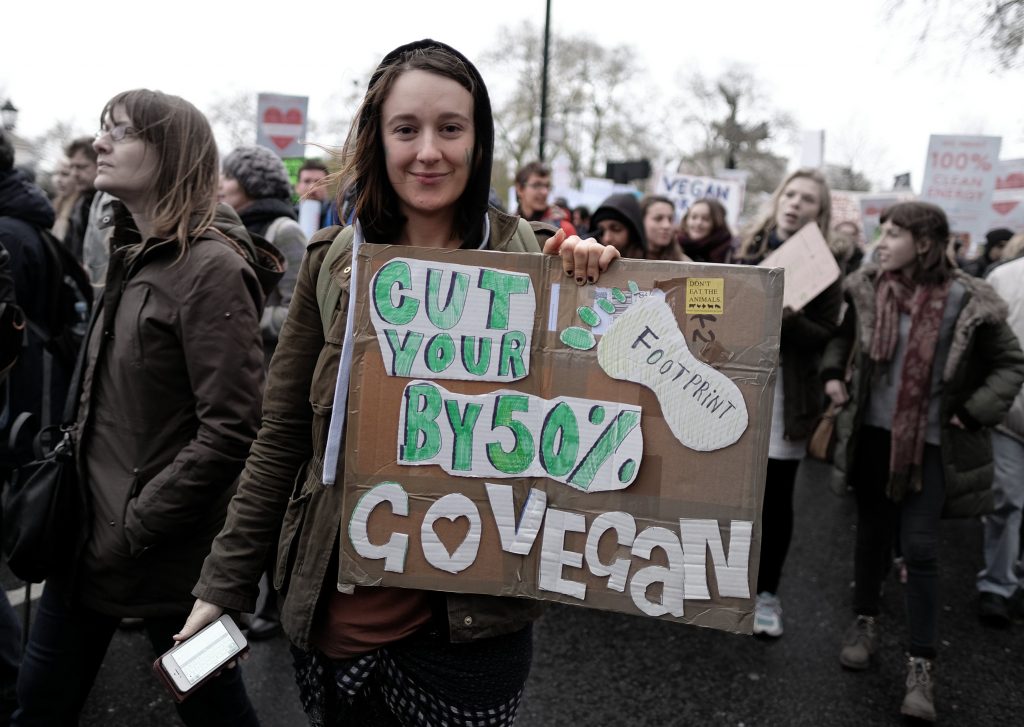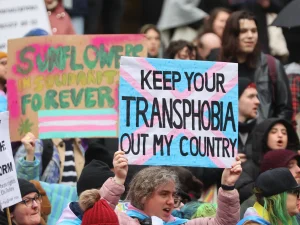Earlier today a tribunal had ruled that ‘ethical veganism’ should fall under the Equality Act 2010, stating that it is a philosophical belief and should receive similar legal protections to religion in British workplaces, after ethical vegan Jordi Casamitjana, 55, says he was dismissed by the League Against Cruel Sports because of his beliefs.
At the tribunal in Norwich, the Judge said in his ruling that ethical veganism was eligible for protection under the Equality Act because it was "important" and "worthy". He said: "I am satisfied overwhelmingly that ethical veganism does constitute a philosophical belief."
However, although this appears to be a landmark ruling, several lawyers are pointing out that it will not change the law. Barry Ross, Director at Crossland Employment Solicitors said, “While this decision is not a surprise to many academics and commentators, it is important to remember that this is the judgment of the first instance Employment Tribunal. It does not have to be followed and does not implement any change in the law. It does give employers guidance in relation to the likely treatment of ethical veganism before the Employment Tribunal and as such, the types of steps they should be considering for their employees and the workplace.
“On a practical level, employers will likely look to update their equal opportunities policies and procedures to make it clear that ethical veganism should be considered as a philosophical belief and to ensure that ethical vegans are afforded the same protections as employees with other religious or philosophical beliefs such as Christians or Muslims, for example. Many employers may think about the types of products and services used by companies in the workplace, from vegan friendly food options in the cafeteria to uniform and furniture choices avoiding wool or leather, as well as the type of soap or other toiletries used, ensuring that they have not been tested on animals.
“Our recent study on 1000 vegan workers and 1000 employers found that nearly half (45%) of vegans feel discriminated against by employers. Nearly a third (31%) feel harassed at work or unfairly treated due to their veganism and nearly half (48%) of employers don’t do anything to accommodate vegans such as vegan food in the canteen or supplying toiletries free from animal testing.”
This view is echoed by the specialist employment lawyer at Excello Law, Hina Belitz who stated:
"I think it is very likely that veganism itself would not be protected just as vegetarianism most likely wouldn’t be. I think it is precisely because of the extensive nature of ethical veganism as a system of thought that the tribunal came to this view.
"Ethical veganism impacts many aspects of a person’s lifestyle choices and derives from a clear belief supported by genuinely held rationale. Undoubtedly, this protection could extend to so many areas of life, including some that we haven’t considered so far.
"I have successfully settled a number of cases based on the beliefs people hold including a case in which we alleged feminism was a philosophical belief that led to the woman in question (who was visible proponent of her beliefs) to be placed on a performance improvement plan, so this is definitely an area to watch."
It remains to be seen what the full ramifications are of the judges ruling, and he has yet to decide on whether Mr Casamitjana's dismissal was unfair. But the ruling on Friday marks a landmark moment for ethical vegans across the UK.





















